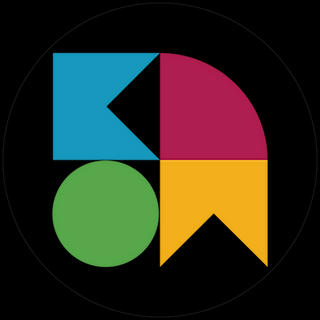SLURC Highlights Accomplishments of KNOW Project
- Urban-KNOW
- Feb 18, 2022
- 2 min read
By George M.O. Williams from PREMIER NEWS
Originally posted on Premiere Media [linked here] on 07 February 2022

The Sierra Leone Urban Research Centre (SLURC) has held a one-day closing and reflections session [to present] their accomplishments implementing the Knowledge in Action for Urban Equality (KNOW) project after four years of activities in Sierra Leone.
The Cockle Bay, Dwarzark and Portee Rokupa communities [in Freetown, Sierra Leone] were used as case study sites for the SLURC research. The research captured three development challenges:
tackling extreme poverty;
building resilient cities, and;
delivering prosperity in informal settlement.
SLURC aimed to build the capacity of urban stakeholders in Sierra Leone and make knowledge on urbanisation available and accessible to those who need it [For example, see the Freetown City Learning Platform Practitioner Briefs] The Executive Director of SLURC, Dr. Joseph Macarthy said urban informal settlements reflect the long ongoing process of marginalisation and exclusion, adding that it also entails dynamics of social and spatial marginalisation which are complex, and poorly understood.
“We have been able to investigate and identify by finding ideal solution for informal settlement. The issues of inequality need to be understood. The situation in Freetown is as the same in other cities,” Dr. Macarthy said.
He added that within the fours years they have been able to work with different stakeholders to deliver transformative research to address urban inequality. He said that people often choose to live in these so-called 'risky environments', not necessary because they are unaware of the negative consequences, but rather they are unable to afford the prohibitive cost of land elsewhere.
“Apart from the cost, the process of acquiring land in the city is also too complex for ordinary people,” he said.
Dr. Macarthy added that abandonment of informal settlement could be attributed to lack of understanding systems due to inadequate knowledge about structures and processes that lead to the proliferation of urban informal settlements, as well as from significant knowledge gaps regarding the social, economic, and environmental factors that lead to the marginalisation of the urban poor.
He cited that the help of community-based organisations like Centre of Dialogue on Human Settlement and Poverty Alleviation (CODOHSAPA) and Federation of Urban and Rural Poor (FEDURP) researchers, had been able to directly connect with people in informal settlements.
Both organisations comprised of vulnerable women, men, youth, and children who are mobilised around dynamic saving schemes, networked at settlement, city and national levels to drive a collective, bottom-up initiatives influencing change towards inclusive and resilient cities and localities, and contribute to national development agenda.
The Director of Research and Training, Braima Koroma said that informal settlers cooperated during the research through the community organisations, adding that they had been able to produce settlement profiling and build research capacity at community level. He added that through the urban learning hub, they have been able to utilise the platform to collate and provide information even after the training.
Further resources
See more about the SLURC event under 'City Exhibition'
Front page news! Read about the event in the Calabash News (02 February, 2022)
Find out more about the final KNOW Conference and other City Events
Cover image: Braima Koroma and Joseph Macarthy presenting settlement research to CODOHSAPA community partners. Image by SLURC, 2022






Comments